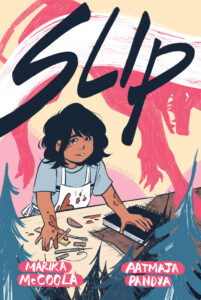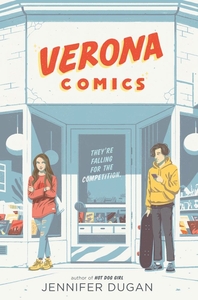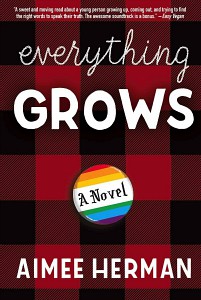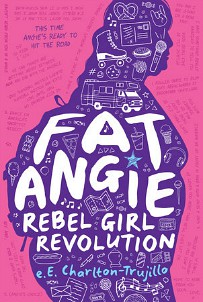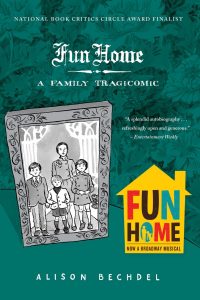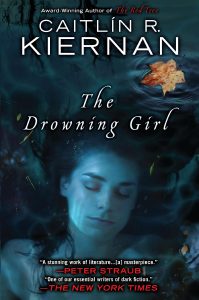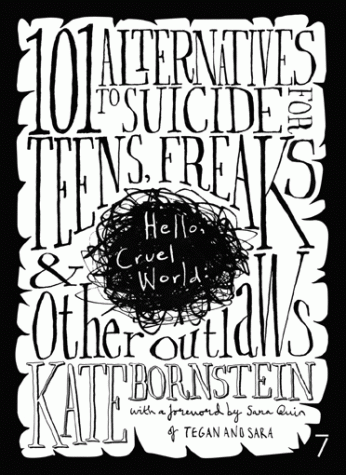Amazon Affiliate Link | Bookshop.org Affiliate Link
Content warning: This review contains discussion of suicide.
This is a YA graphic novel about Jade, who is preparing for her future as an artist by going to a summer art intensive. She knows this opportunity is make or break for her chances of building a portfolio, getting a college scholarship, and following her dreams. It’s a lot of pressure, but it’s also exciting and inspiring.
Just before she leaves, though, she gets devastating news. Her best friend, Phoebe, has attempted suicide and is now in the hospital. Phoebe and Jade have always been incredibly close, and Jade can’t even process this information. But Phoebe doesn’t want visitors and is concentrating on her own recovery, so Jade has nothing to do but go to the Art Farm, even though her art is now the farthest thing from her mind.
This is, unsurprisingly, an introspective and melancholy story. Jade is struggling to process all of her emotions: she’s sad and afraid for Phoebe, she’s angry, she feels betrayed that Phoebe didn’t tell her what she was going through, she feels guilty for her anger—and on and on. Now that she finally has this opportunity to build her portfolio, she has no inspiration for what to create. While the people around her make beautiful, thought-provoking pieces that intimidate her, she feels completely stuck.
The colour palette used is limited and muted: mostly blue, with pops of red. I think this style communicates well Jade’s state of mind: she feels disconnected and numb, and those flashes of red are the moments when she can really connect, especially with her anger.
There is a touch of fantasy or fabulism here as well. When Jade burns her drawings of Phoebe, they briefly come to life in the flames, and she can speak to her best friend to try to understand how she got here. Later, her sculptures come to life and fight back against her or run away—which, apart from making her feel like she’s hallucinating, also makes it even more difficult to complete her portfolio in time.
Meanwhile, she’s also beginning a romance with another girl at the art collective. Mary is upbeat and confident, and Jade quite abruptly finds herself kissing her. But this adds a whole new layer of confusion and guilt: how can she be happy when Phoebe is suffering? How can she be crushing on someone and flirting when her best friend is going through something so huge and awful?
This is one of those tricky books to recommend, because it’s not an upbeat or exciting read. It’s fundamentally about a teenager stumbling and raging and weeping through something really difficult. She lashes out at others. She makes bad decisions. Her journey through this is messy and nonlinear. But that’s also what makes this feel real and what made me feel for her so much.
I hope this is one that makes its way to classroom and library bookshelves, because I can imagine that a lot of teenagers especially will appreciate this honest portrayal of what it’s like to love someone who is going through a mental health crisis—the helplessness and grief and anger and every other tangled, overwhelming emotion that comes with it.

